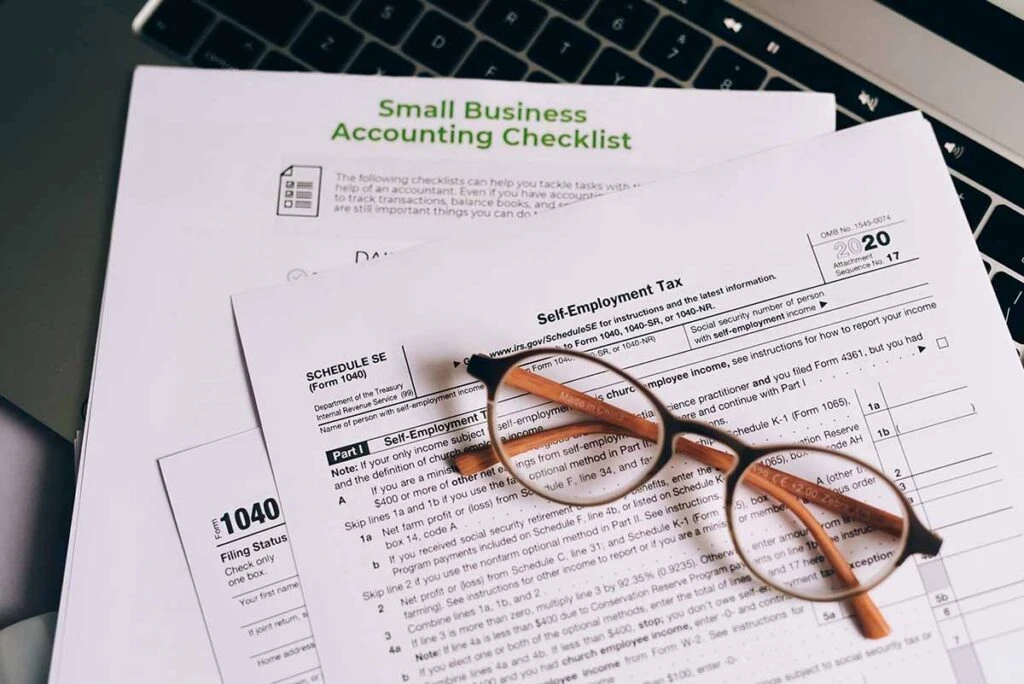
Taxpayers must report gig economy income on their tax return
In 2020, many people started working in the gig economy to help make ends meet during the pandemic. Whether it’s a side business or a primary source of income, all taxpayers need to understand how their gig work affects their taxes. The bottom line is that taxpayers must report gig economy income on their tax return.
Here’s a quick overview of the gig economy:
The gig economy is also referred to as the on-demand, sharing or access economy. People involved in the gig economy earn income as a freelancer, independent worker or employee. They use technology known as online platforms to connect them with customers to provide goods or services. This includes items like renting out a home or spare bedroom and providing delivery services.
Here are a few important points taxpayers should know about the gig economy and taxes:
- Money earned through this gig work is usually taxable.
- There are tax implications for both the company providing the platform and the individual performing the services.
- This income is usually taxable even if the:
- Taxpayer providing the service doesn’t receive an information return, like a Form 1099-NEC, Form 1099-MISC, Form 1099-K, or Form W-2.
- Activity is only part-time or side work.
- Taxpayer is paid in cash.
People working in the gig economy are generally required to pay:
- Income taxes.
- Federal Insurance Contribution Act or Self-Employment Contribution Act tax.
- Additional Medicare taxes.
Independent contractors may be able to deduct business expenses. These taxpayers should double check the rules around deducting expenses related to use of things like their car or house. They should remember to keep records of their business expenses.
Special rules usually apply to rental property also used as a residence during the tax year. Taxpayers should remember that rental income is generally fully taxable.
Workers who do not have taxes withheld from their pay have two ways to pay their taxes in advance.
Here are these two options:
Gig economy workers who have another job where their employer withholds taxes from their paycheck can fill out and submit a new Form W-4. The employee does this to request that the other employer withholds additional taxes from their paycheck. This additional withholding can help cover the taxes owed from their gig economy work.
The gig economy worker can make quarterly estimated tax payments. They do this to pay their taxes and any self-employment taxes owed throughout the year.
If you don’t make your quarterly payments on time, you will incur penalties for underpayment of estimated taxes.
For more information on the gig economy, taxpayers can visit the Gig Economy Tax Center.
The W Tax Group is a team of tax professionals that can help you navigate the US Tax code, prepare and file taxes and if needed help you deal with tax liability and tax relief issues.
